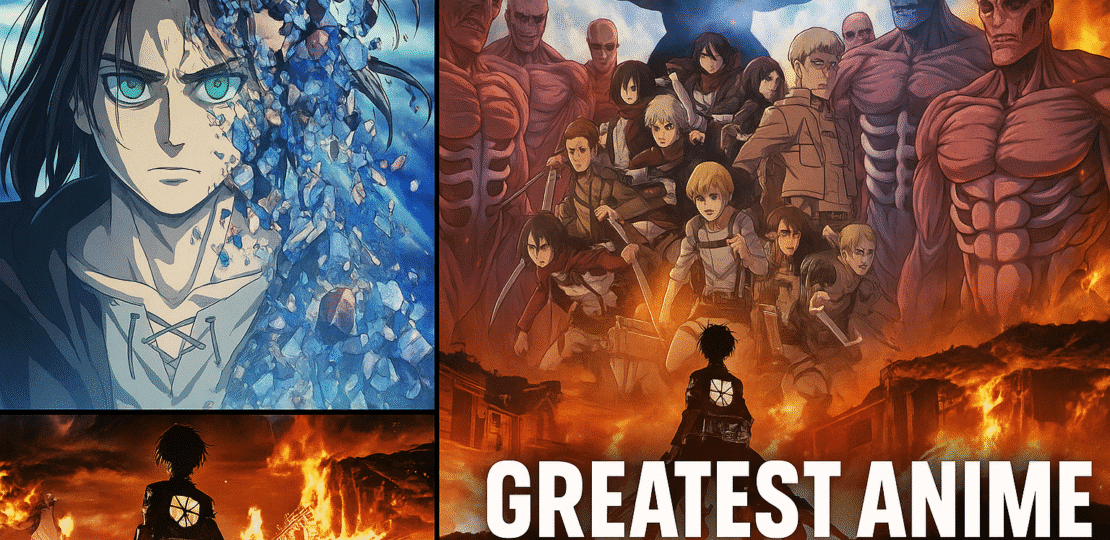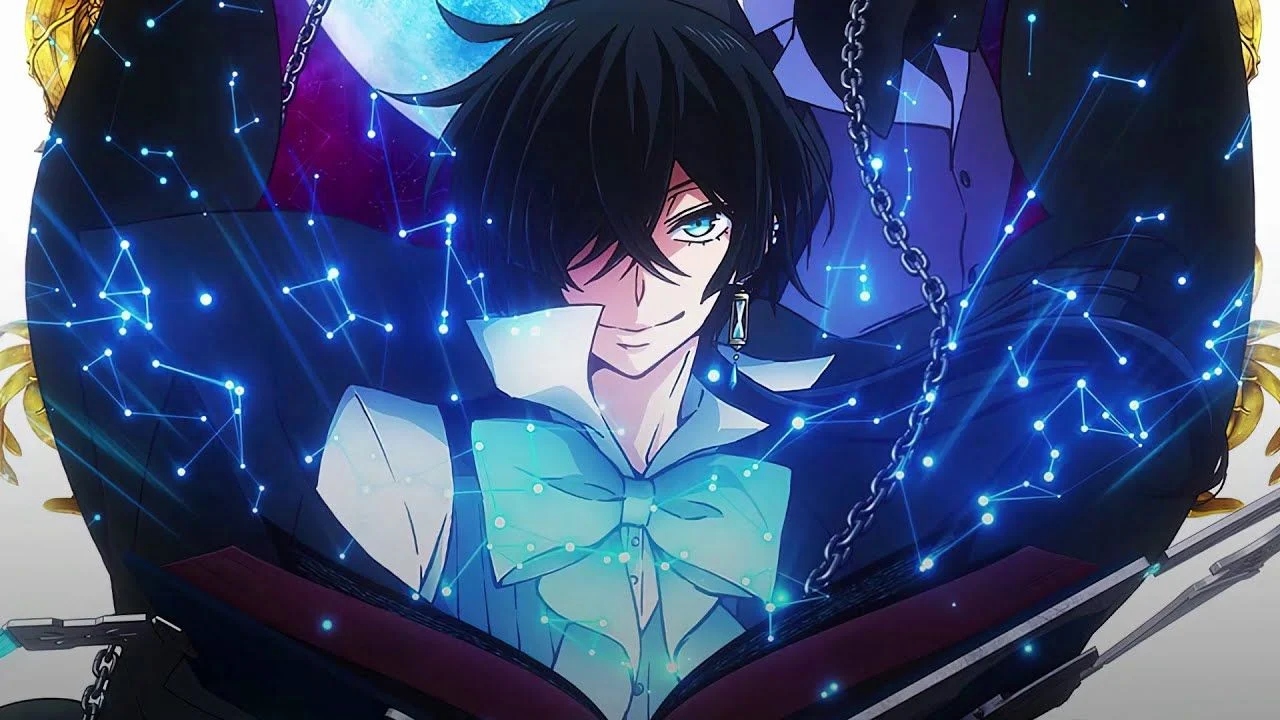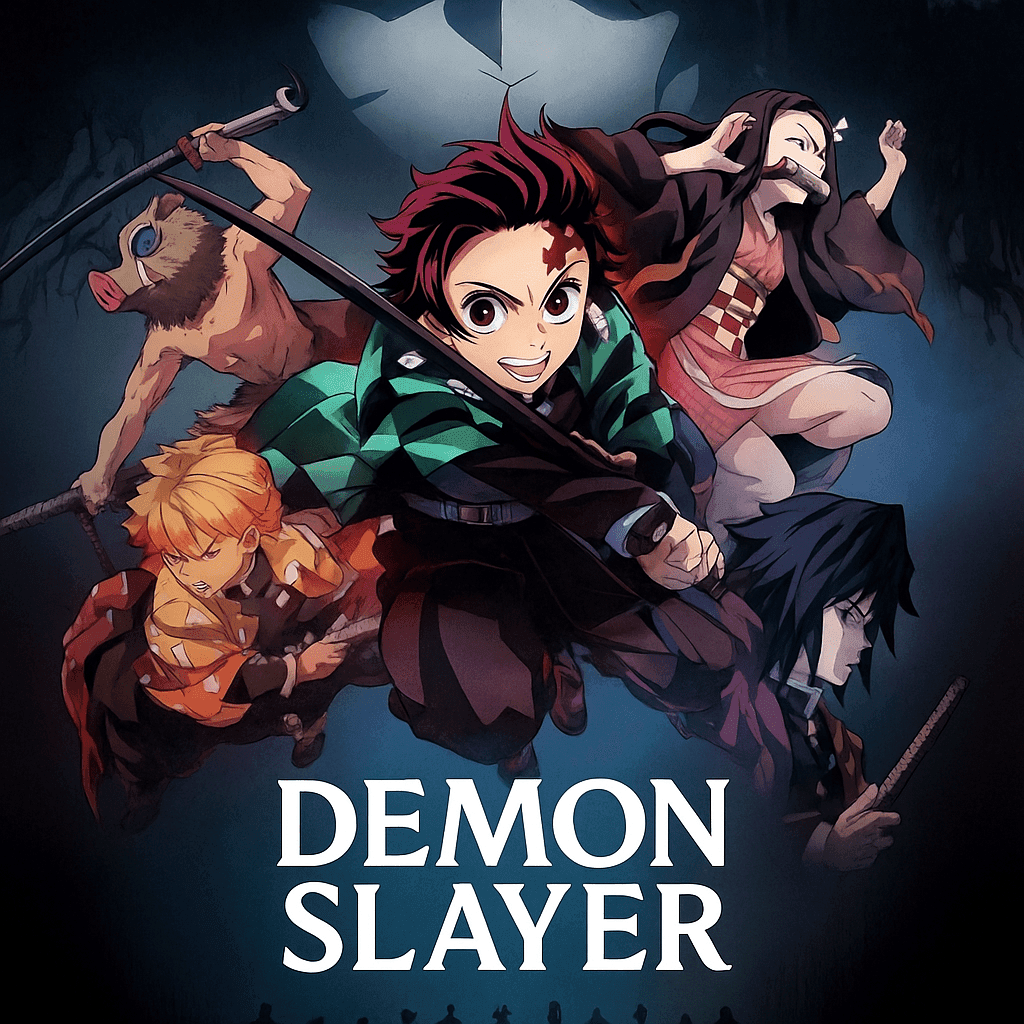Attack on Titan: Why It Stands as One of the Greatest Anime Ever Made
August 26, 2025 | by Haku

Attack on Titan: Why It Stands Out as the Greatest Anime Ever
Few anime in history have left as deep a scar on global culture as Attack on Titan. From its shocking first episode in 2013 to its thunderous finale in 2023, Hajime Isayama’s masterpiece evolved from a survival horror thriller into a sprawling epic about freedom, war, and humanity’s darkest impulses. It is not just an anime—it is a cultural earthquake that changed the way we view storytelling in animation.
Unpredictable Storytelling That Never Lets You Breathe
From the beginning, Attack on Titan defied expectations. What looked like a simple “humanity versus monsters” narrative quickly unraveled into something far more sinister. Titans were not just enemies; they were humans cursed in a centuries-old conflict. Walls were not safety; they were prisons hiding political corruption. Every twist reshaped the story, forcing viewers to confront questions about morality, freedom, and whether true justice can exist in a broken world.
Unlike many long-running anime, this series refused to rely on filler or clichés. Every episode built tension, every season shifted genres—from horror to political intrigue to full-blown war epic. That evolution is what kept audiences on edge, never knowing who would live, who would betray, or what terrifying truth would be revealed next.
Characters That Bleed, Break, and Breathe
At the heart of Attack on Titan are characters who feel painfully real. Eren Yeager begins as a boy driven by revenge but transforms into one of anime’s most divisive anti-heroes. Mikasa Ackerman embodies loyalty and quiet grief, her strength masking scars no blade can heal. Armin Arlert evolves from timid dreamer to brilliant strategist, his hope clashing with the cruelty around him.
Even supporting characters shine. Levi Ackerman’s cold precision hides a lifetime of loss. Historia Reiss wrestles with royal blood and human fragility. Reiner Braun, the “Armored Titan,” is torn apart by guilt and PTSD. These characters do not follow simple tropes—they grow, suffer, and make choices that mirror the complexity of real people.
Visual and Auditory Brilliance
Produced by Wit Studio and later MAPPA, Attack on Titan redefined what anime action could look like. The omni-directional mobility (ODM) gear battles are ballets of chaos, blending speed, weight, and desperation. Titans, grotesque in design, radiate both horror and tragedy. By the final season, MAPPA’s apocalyptic vision of the “Rumbling” turned the screen into a moving nightmare, capturing humanity’s fragility against unstoppable destruction.
The soundtrack, composed by Hiroyuki Sawano, is legendary. Tracks like “YouSeeBIGGIRL/T:T” and “Ashes on the Fire” elevate moments into cinematic experiences. When paired with world-class voice acting—Yuki Kaji’s raw desperation as Eren, Hiroshi Kamiya’s steely calm as Levi—the anime transcends the screen and embeds itself in memory.
Themes That Challenge the Soul
Attack on Titan is not just entertainment—it is philosophy disguised as fiction.
- Freedom: Eren’s cry of “tatakae” (fight) represents the eternal human struggle to break chains, even if it means bloodshed.
- Cycle of Hatred: The endless war between Eldia and Marley mirrors real-world history, showing how vengeance poisons generations.
- Sacrifice: Soldiers dedicating their hearts in hopeless charges embody both courage and the tragedy of war.
- Nihilism vs. Hope: In a cruel world, characters fight to find purpose, asking if love and loyalty can survive despair.
These themes are why the anime resonates beyond Japan. It is not just a shonen about battles—it is a mirror to humanity, forcing us to confront uncomfortable truths.
Cultural Earthquake and Controversies
From awards to global recognition, Attack on Titan has left an indelible mark. It won the inaugural Global Impact Award from Crunchyroll in 2025, cementing its place as an anime that shaped the industry. It sold tens of millions of manga copies, sparked endless debates online, and influenced new generations of creators.
Yet, it was never free from controversy. Its imagery drew comparisons to real-world atrocities. Its ending divided fans—some hailing it as bold, others calling it rushed. But that debate itself is proof of its power. Great art is not forgotten; it is argued over, dissected, and remembered.
Why Attack on Titan Will Endure Forever
In the end, Attack on Titan is more than an anime. It is a story of broken children who grew into soldiers, a world that crumbled to reveal even darker truths, and a question that echoes long after the credits roll: what does it truly mean to be free?
Even with flaws—uneven pacing, controversial choices—it dared to be bold. It dared to make us uncomfortable. It dared to create something unforgettable. And that is why it will always stand among the greatest anime ever made.
Watch it here.
RELATED POSTS
View all


